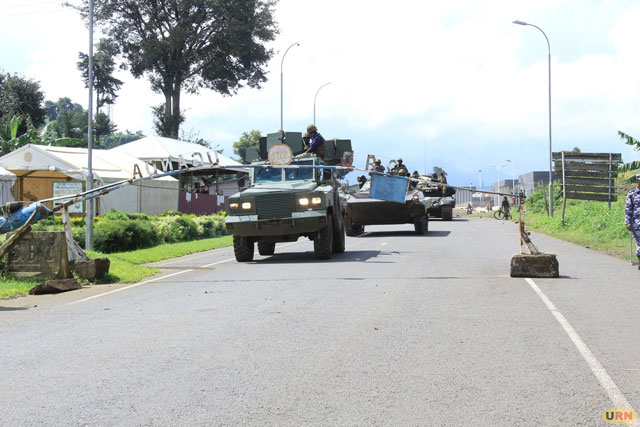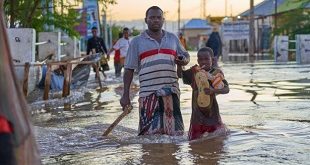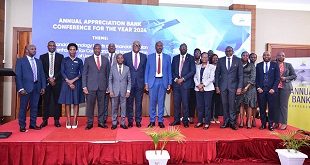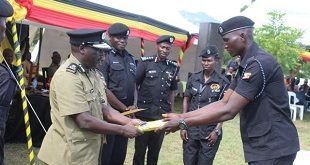
North Kivu, DRC | THE INDEPENDENT | Ugandan troops have started withdrawing from the embattled North Kivu province in the Eastern Democratic Republic of Congo (DRC). This decision was triggered by the DRC government’s refusal to extend the mandate of the East African Community Regional Force (EACRF) in the region.
The mission officially concluded on December 8, 2023, amid allegations that the EACRF peace keeping force had failed to engage the March 23 Movement (M23) rebels. The DR Congo government plans to redeploy troops from countries under the Southern African Development Community (SADC).
On Wednesday, URN observed hundreds of Ugandan troops and heavy fighting equipment crossing from Rutshuru territory, where they were stationed, into Kisoro district via the Bunagana border.
Colonel Deo Akiiki, the Uganda Peoples Defense Forces (UPDF), Deputy Spokesperson confirmed this development, stating that the withdrawal from the Eastern DRC had commenced.
“UPDF has finally started crossing the border at Bunagana back to Uganda after withdrawing from the mission area in Eastern DRC. UPDF deployed in DRC under the East African Community Regional Force (EACRF). Welcome back home the gallant Pan-African Force,” said Akiiki.
Colonel Michael Walaka Hyeroba, the commandant of the troops, was among those yet to complete the withdrawal to Uganda. The EACRF troops have until January 7, 2024, to entirely vacate North Kivu province.
Latest on fighting In recent updates on the conflict, although relative calm prevailed since Sunday, December 10, 2023, sporadic gunfire was reported in Kibumba, Nyiragongo territory. M23 President Bertrand Bisimwa released a warning statement citing alleged plans for fresh attacks by the Armed Forces of the Democratic Republic of Congo (FARDC) soldiers and militia coalition.
He claimed heavy reinforcements of fighters and equipment in Kibumba as evidence of impending aggression against ARC/M23 positions.
“This is a violation of the ceasefire recommended by the international community, on American initiative, to facilitate the peaceful resolution of the crisis. Let us recall that only the M23 declared a ceasefire as a sign of respect for the said recommendation while the Kinshasa regime quite simply abstained from it. We denounce this warlike behavior of the Kinshasa regime which is an act of sabotage of all the peace initiatives undertaken by the international community to resolve the crisis in our country,” said Bisimwa in a statement.
The M23 rebels’ political spokesperson, Lawrence Kanyuka, echoed these concerns, asserting M23’s right to self-defense should attacks on civilians or their positions occur. The EACRF troops from Uganda, Kenya, Burundi, and South Sudan were deployed in late 2022 to reclaim territories held by M23 rebels after their victory against the Armed Forces of the Democratic Republic of Congo (FARDC).
The objective of the EACRF troops was to establish a buffer zone to avert further clashes between M23 rebels and FARDC soldiers, in line with resolutions approved by the East African Regional Heads of State Conclave and subsequent decisions in 2022 and 2023.
The conflict between M23, led by Bertrand Bisimwa and General Sultan Makenga, and the DR Congo government has its roots in March 2022. The rebels claim their fight is against corruption, xenophobia, and discrimination in the DR Congo, while the government accuses Rwanda of supporting the M23—a claim denied by both Rwanda and M23.
*****
URN
 The Independent Uganda: You get the Truth we Pay the Price
The Independent Uganda: You get the Truth we Pay the Price


